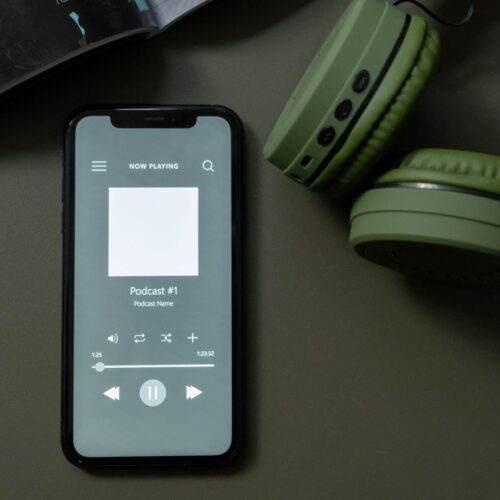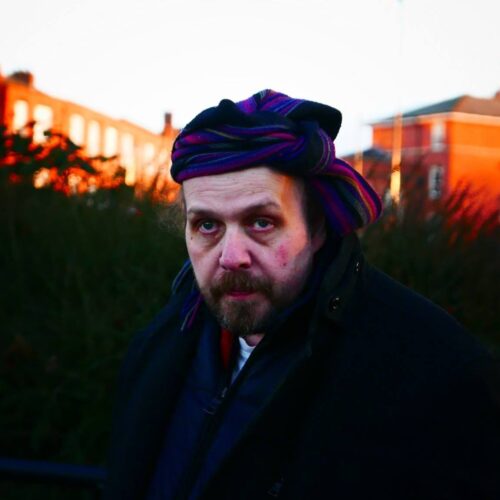
‘As long as we live, there is never enough singing …’
Aristotle, in praise of singing and quoting the bard Musaeus (whom Greek legend claimed to be the son of Orpheus) said: ‘song is man’s sweetest joy‘, and added his own warning against using musical instruments which would severely interfere with – and even inhibit – the act of singing.

In a curious 2nd century compendium of manners and opinion, the Greek writer Athenaeus claims it to be no disgrace to confess knowing nothing, but a great disgrace to decline to sing.
The early church claimed that singing brought the people closer to God. Primitive societies established a strong sense of their own community with song, and still the exuberance of common enthusiasms in national pride or national mourning, victory in war or in sport, can be celebrated spontaneously in song. From those ancient judgments arose, over centuries, the belief that singing was not only of enormous benefit to the soul, but also had a fundamental part to play in the education of children.
State schools in England recognised the fact when, on 22nd March 1872, it was decreed that ‘the art and practice of singing be taught in all schools as a branch of elementary education’. Instructors and inspectors were appointed, and 25 years later a great musical gala was held at London’s Crystal Palace involving some 5,000 singing children celebrating Queen Victoria’s Jubilee. Festivals, both competitive and otherwise, materialized everywhere, and through both Wars there was singing, community song-books were published and singing teachers in schools taught genuine British folk songs to British children. There were even choirs for teachers too.
But standards are only improved if they are first maintained. Sadly, over the last few decades, the number of musically able primary teachers has declined drastically. The repertoire of traditional English folk and community song, through which young children once experience literacy, numeracy, social history, disciplined learning, co-ordinated teamwork and even physical exercise – as well as music – is practically extinct. Without organised singing session beginning for five-year olds, we have no capable 11-year olds, and no 18-year olds entering teacher training who appreciate the value of singing; and well within two decades we have another generation of primary teachers who have no experience of the value of music or the way it can be taught to children.
Even caring parents who will teach their infants to look at everything and observe, will rarely induce them to listen to the world around them and sing – for children would as quickly imitate sounds as they do anything. This reluctance to sing – or even embarrassment to try – is a predicament that will not be solved by money.
But it could be addressed by lively teachers who are fully aware of the benefits of singing and use the wonderful free-of-charge resource that we all have in our own voices.






An important post Patric and one which touches on a number of issues which are dear to my heart.
Firstly, I think there is the big question of what is singing for? You rightly highlight the instrumental value of singing in developing other skills (apologies for the awful pun). But there is value in singing in its own right – people derive pleasure from it. And if like me you believe the role of education in a developed country is to prepare people for fulfilling lives as well as economically productive ones, there has to be a role for a broad arts education including the teaching of singing in the compulsory education system.
This led me to question, why isn’t there a campaign for singing in the same way as the successful Campaign for Drawing? Well, it appears there is, but it does seem rather more limited and definitely lower profile.
Finally returning to an issue Andrew flagged about a year ago – is now, with the economic dark times upon us, really the time to focus on this – some people think they know the answer.
What about wonderful Gareth Malone? He produced a choir from reluctant schoolchildren, and their Mothers. perhaps he could be persuaded to startn a campaign for singing. I am old enough to have been taught singing in the old way with the English, and Scottish and Welsh and Irish folk songs, and they have stayed with me and been a source of joy all my life. Often, as Andrew says in times of sadness as well. Bring them back.
P.S. I still have my copy of the National songbook, and can lend it if required.
You clearly haven’t heard of the amazing ‘Sing Up’ – there’s a lot more singing in schools than ever before thanks to them; their aim is to get every school in England to become a singing school, and they’re not far off…
‘We want to place singing at the heart of every school child’s life, because we believe singing can change lives and build stronger communities.’
Look at their website: http://www.singup.org/about-us/
What is singing for and what is the value of singing? These are old questions indeed. I wouldn’t like to leave this with a simple “to give us pleasure”, which to some could equate singing with Wednesday night poker. We may appreciate singing to be greater, but there are those that don’t. I myself have met people that simply don’t value music – when they have a choice, they don’t listen to nor buy much music, nor do they consider it to be an important part of life. I was surprised the first time I met a person like this, but since then I have met others. Aristotle and Athenaeus it sounds like were great lovers of singing, but we have to be careful not to assume too much from our own view or map of life when imagining other people’s hearts. With this world comes great variety.
But please do not think that I am discounting song any manner. I simply want to refocus our understanding of its value. Even these that don’t put attention on music I would be hard pressed to imagine as not being affected when they hear a finely wrought song accompanying a movie or theatre scene, for example. Or what if they were reminiscing their first love, and at that moment a gathered choir at the market began to sing, or a sweet tune came over the radio?
With song comes symbol. We are used to symbols being visual, but we know that they are aural as well. No aural symbol is as strong as the song. Songs transmit ideas, memories, and emotions. Take a look at national anthems as a good example. The human species is a symbolic species – we show it not just through our art and music, but also our religion, our architecture, our cooking, our language… it seeps willfully into every corner of our lives. Our power as humans lies with the depths of our imaginations and the intricacy of our creations. Ages ago, this was equated with human connections to Divinity.
When I was a child in grade school, art was a required subject. However, one needed to only take for example choir, or an instrument, or painting, or drama to fulfill it. For some reason, it was believed that one subject covered it all. This is indeed a tragedy. But the fact is that people are forgetting what school was created for. People are coming to think that the purpose of school is simply to get a good job so you can buy a big home and retire as early as possible. In some countries, it is exactly like that – grade schoolers study hard to grade into a good middle school, then study hard to grade into a good high school, to grade into a good college, to get selected by a good company.
School carries with it the purpose of making good, strong, moral, intelligent people and citizens. Math and science teach us the mechanics of life. History teaches us where we have been, and where we are going. Language and literature help us understand each other. Art and music teach us the symbols that connect everything together. Art and music teaches us what words can’t. And being that music is the only subject that focuses on listening, schools and parents have to realize how important it is to engage and nurture this as early as possible.
Patric,
Very good post. I think singing is valuable at the start and at the end of life. My own wish is that parents and children can put their smart phones and mobiles aside and sing together each day – you don’t have to have perfect pitch! I have worked with people with Parkinson’s with dementia, Alzheimer’s with dementia and those who have had a stroke (and have vascular dementia). Singing seems to ‘re-boot’ the brain, and seems to improve many lives socially, physically and emotionally and makes those who have felt isolated and disconnected from others less alone in this world. I need to update my website but see http://www.songsconnect.com ! Happy singing !